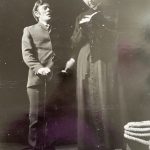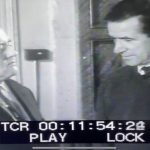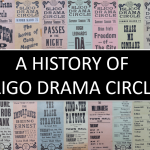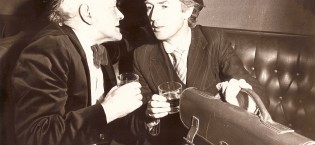5oth Anniversary of All-Ireland Win
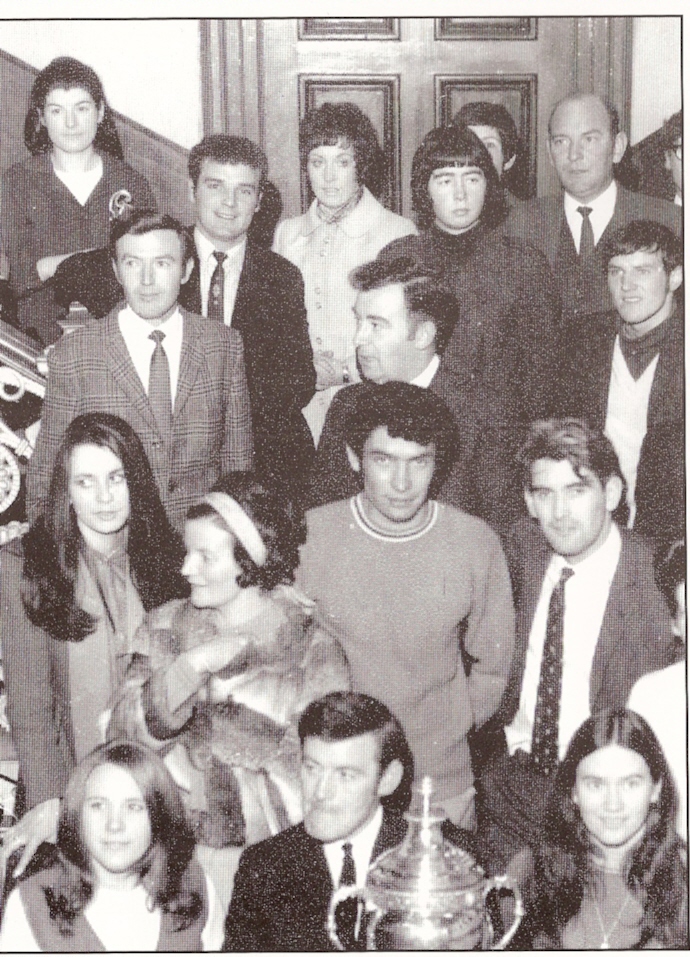
When the cast of Sligo Drama Circle took to the stage with their production of “A Streetcar Named Desire” by Tennessee Williams on the final night of the All-Ireland Amateur Drama finals in the Dean Crowe Theatre in Athlone on April 18th 1970, they had high hopes of taking the All-Ireland trophy. Expectations were high because they had nominations from Tubbercurry and Cavan Festivals to their credit and they had received high praise for their brilliant interpretation of the Williams’ classic play.
This being their ninth appearance in the finals, including having been beaten into second place on three separate occasions, members wondered if it was ever going to be their turn to bring the famed Esso Perpetual Trophy back to Sligo.
Anticipation was building. After a four night run, playing to capacity audiences in Sligo Town Hall in February 1970, the reviewer in “The Sligo Champion” commented that the production “must be hotly tipped for festival honours”, calling the production “simply superb” and adding that “It was the most realistic and captivating production to come before the Sligo theatre fans in quite some time”. Heaping praise on the Director Liam Mc Kinney, the reviewer said that he had gathered around him a great team, both on and off stage.
So, by the time the Drama Circle reached the stage in Athlone on that April night in 1970, expectations were sky high.
The adjudicator at the Athlone festival, Dublin-born professor of speech and drama. Mr. Robert T. Armstrong, said he had been waiting all week to be swept off his feet by some production and the Drama Circle’s had come closest to doing that. Mr. Armstrong described the teamwork as “superb” and said the lighting and stage setting would have done justice to any professional performance he had seen. The adjudicator’s parting comments boded well for the Drama Circle’s expectations:
“I waited all week for the festival to take fire and it did not happen until tonight when there was sudden combustion”.
Referring to the individual performances, the adjudicator said he did not think there was an actress in the world who could completely explore the character of Blanche but Deirdre O’ Connor had gone very close and had given a deeply satisfying performance. He said Joan Fitzpatrick was one of the most splendid supporting actresses he had ever seen while Shane Cleary had never doubted his own strength. Mr. Armstrong described the part played by Cormac Sheridan as one of the most difficult in the play but said it was handled with great confidence and sincerity.
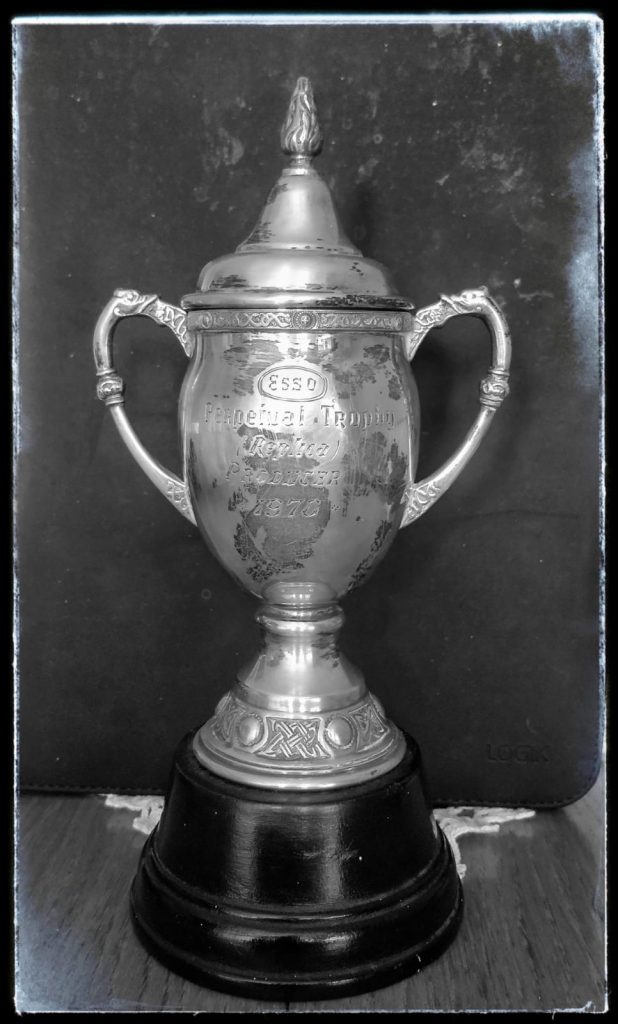
The adjudicator said one of the strongest points of the play was the great balance of the casting. Even the smallest parts were of great significance in the overall effect. The walk-ons, though purely the invention of the producer, had added tremendously to the atmosphere.
At the end of the night, the Director of the production, Liam Mc Kinney, was presented with the Esso Perpetual Trophy as well as the Producer’s Cup while Stage Manageress, Marion Reidy, was awarded the Moore Cup for Stage Management.
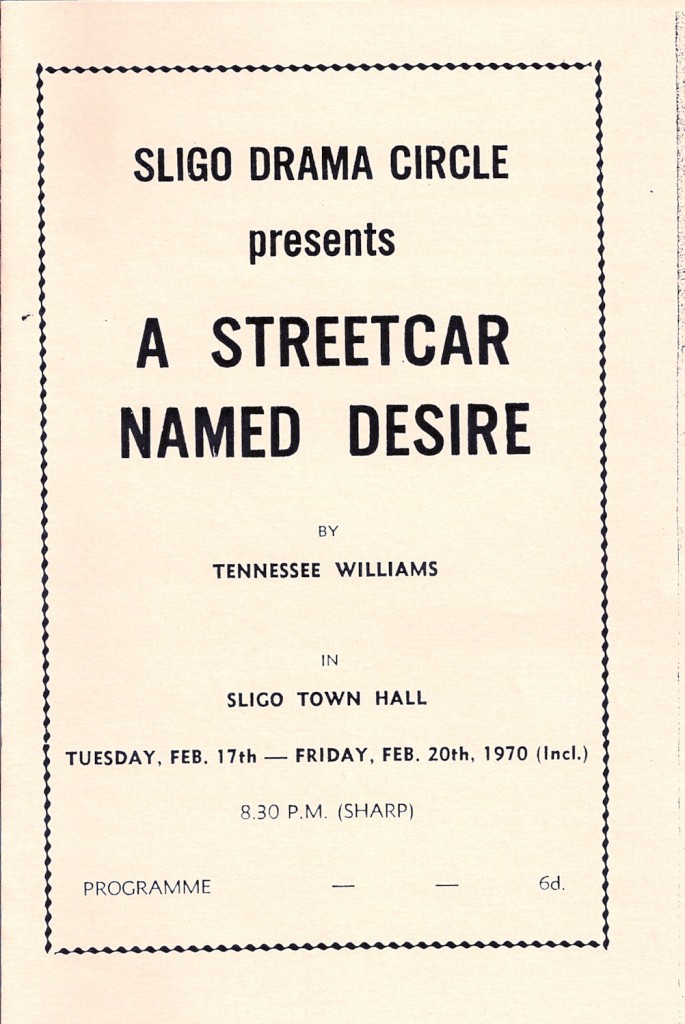
In a 1977 book entitled “Festival Glory in Athlone” by the newspaper theatre critic Gus Smith, a chapter was devoted to Sligo Drama Circle and its historic win in 1970. The article gave great praise to the leading actors of the play: Deirdre O’ Connor, Joan Fitzpatrick, Shane Cleary and Cormac Sheridan as well as the producer Liam Mc Kinney.
The article referred to Mr. Mc Kinney as “the best amateur producer in the country”, noting that he won the producer’s cup in 1970 for “Streetcar” and again in 1971 for “Death of a Salesman”.
Now, fifty years on, that famed production is still spoken of with great reverence – not just because of the quality of the cast, crew and production team involved in putting the production together – but also because that feat was never repeated in the intervening years by another Drama Circle production.
Indeed, it is worth noting that the Drama Circle were runners-up in the All-Ireland Final in the following two years with productions of “Death of a Salesman” (1971) and “The Crucible” (1972) and again in 1974 with a production of “Men Without Shadows”.
But nothing can eclipse the special memories for a certain generation of drama enthusiasts and participants of that production of “A Streetcar Named Desire” which took national honours on that April night in 1970.
The cast of that All-Ireland winning production from 50 years ago was as follows: Dee O’ Connor (Blanche), Joan Fitzpatrick (Stella), Shane Cleary (Stanley), Cormac Sheridan (Mitch), Eily Kilgannon (Eunice), Brian Bohan (Steve), Padraig Foran (Pablo), Maura Doherty (Negro Woman), Robert Folan (Doctor), Irene Conlon (Nurse), Lionel Gallagher (Young Man), Maura Nangle (Mexican Woman). Extras: Carol Kelly, Seán Gallagher, Corina Gilbride, Frank Brannigan, Mary Harrison, Seán Foley, Margaret Mc Nulty, Liam Rooney, Seán Scanlon.
Stage assistants: Betty Keogh, Frank Brannigan, M. Mc Donagh, Imelda Mulligan, Margaret Mc Nulty. Settings: Seán Gallagher, Aidan Sexton, Joe Burns, Liam Costello, Walter Mc Donagh. Design and Programme: Liam Mc Kinney. Sound Effects: Seán Tighe. Special Effects: Seán Breslin. Tape: Liam Canning. Lighting: Aidan Sexton, Ray Caulfield. Assistant Stage Managers: Carol Kelly and Una Lappin. Stage Manager: Marion Reidy.



